Humanity is driving an unprecedented extinction of sealife unlike any in the fossil record, hunting and killing larger species in a way that will disrupt ocean ecosystems for millions of years, scientists have found.
A new analysis of the five mass extinction events millions of years ago discovered there was either no pattern to which marine species were lost, or smaller species were the ones that disappeared.
But today’s “sixth extinction” is unique in the way that the largest species, such as great white sharks, blue whales and southern bluefin tuna, are being pushed to the brink, due to humans’ tendency to fish for larger species more often than smaller ones.

The consequences, according to a study published in the journal Science on Wednesday, are devastating for the ecology of the world’s oceans.
“If this pattern goes unchecked, the future oceans would lack many of the largest species in today’s oceans,” said Jonathan Payne, associate professor and chair of geological sciences at Stanford University. “Many large species play critical roles in ecosystems and so their extinctions could lead to ecological cascades that would influence the structure and function of future ecosystems beyond the simple fact of losing those species.”
The danger is disproportionate to the percentage of threatened species, with the authors warning the loss of giants would “disrupt ecosystems for millions of years even at levels of taxonomic loss far below those of previous mass extinctions”.
The loss of larger species in the oceans could have knock-on effects on ecosystems, Payne said, citing the loss of very large predatory seasnails (Triton) from coral reefs, which appears to be one of the reasons behind the explosive growth in numbers of crown of thorns starfish, which eat coral.
Humans would be affected by such trends too, he said, as communities rely on coral reefs to attract tourism. He also pointed to the examples of tuna and cod, whose extinction would deprive people of an important source of income and protein.
To see how the current loss of species compared to previous extinctions, Payne and his team analysed a database of 2,497 groups of marine vertebrate and mollusc over the past 500 years, and compared it to the ancient past.
They found no precedent in the fossil record for today’s trend towards killing off larger-bodied species, with previous mass extinctions marked by either no association with body size or an association with smaller species.
“The link that we found between body size and extinction threat in the modern oceans is quite strong,” Payne told the Guardian.
Co-author Noel Heim, also at Stanford, said: “We see this over and over again. Humans enter into a new ecosystem, and the largest animals are killed off first. Marine systems have been spared up to now, because until relatively recently, humans were restricted to coastal areas and didn’t have the technology to fish in the deep ocean on an industrial scale.”
Fellow author Douglas McCauley said large body size was often linked with the need for larger ocean spaces to range in, so an increasing trend for governments to create very large marine protected areas could hold some hope for species.
“Historically marine protected areas have been small boutique affairs – more like the size of golf courses. In the past five years, however, the world has begun aggressively setting up very large marine protected areas.
“Recently Obama created the world’s largest protected area in Papahānaumokuākea, a protected area just over a million square kilometres in size. This is really good news as parks of this size will indeed provide meaningful protection for large vulnerable animals we highlight as being at risk.”
This article was first published by The Guardian on 14 Sep 2016.
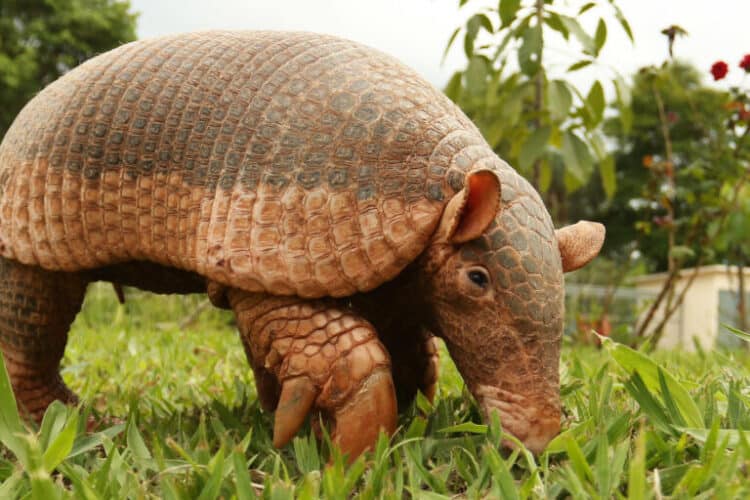
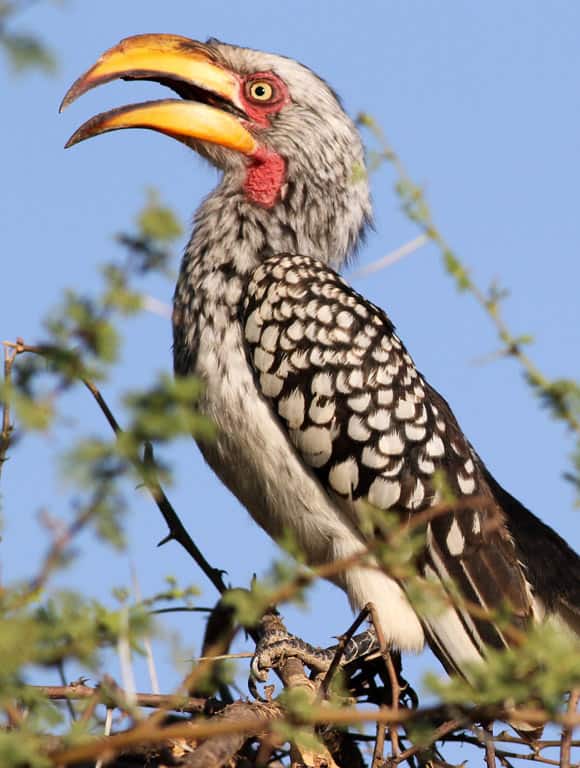
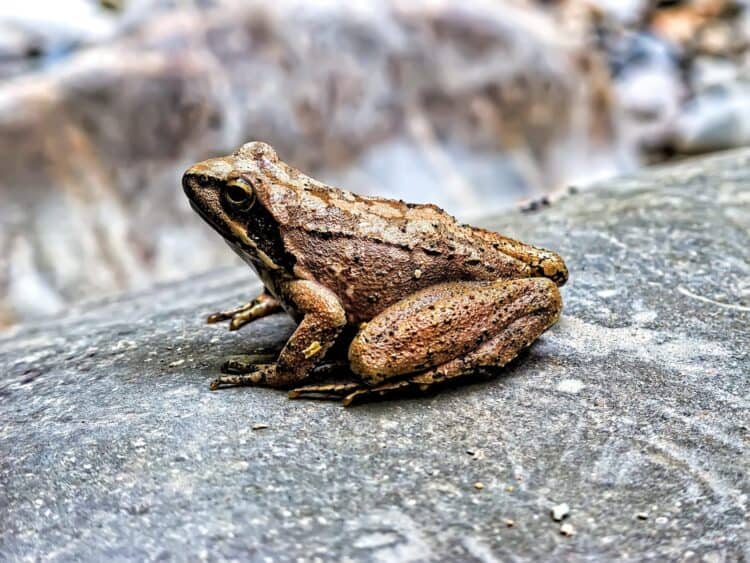
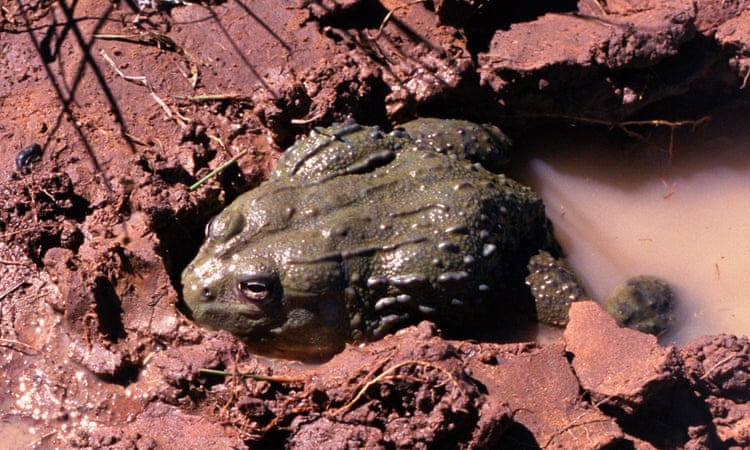
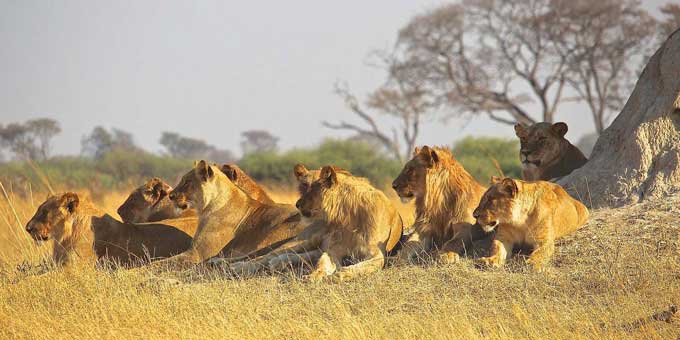
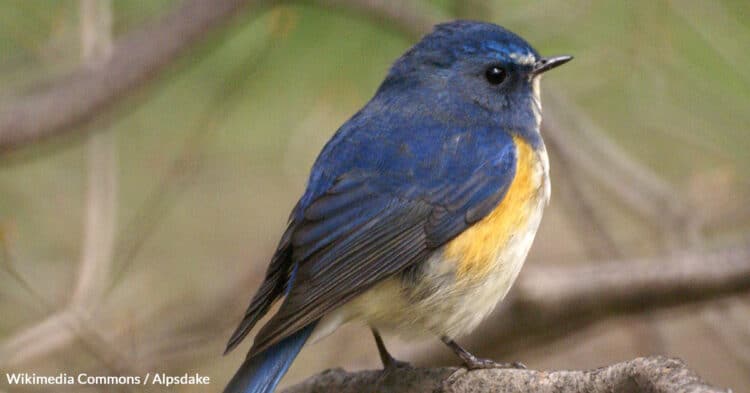
Leave a Reply